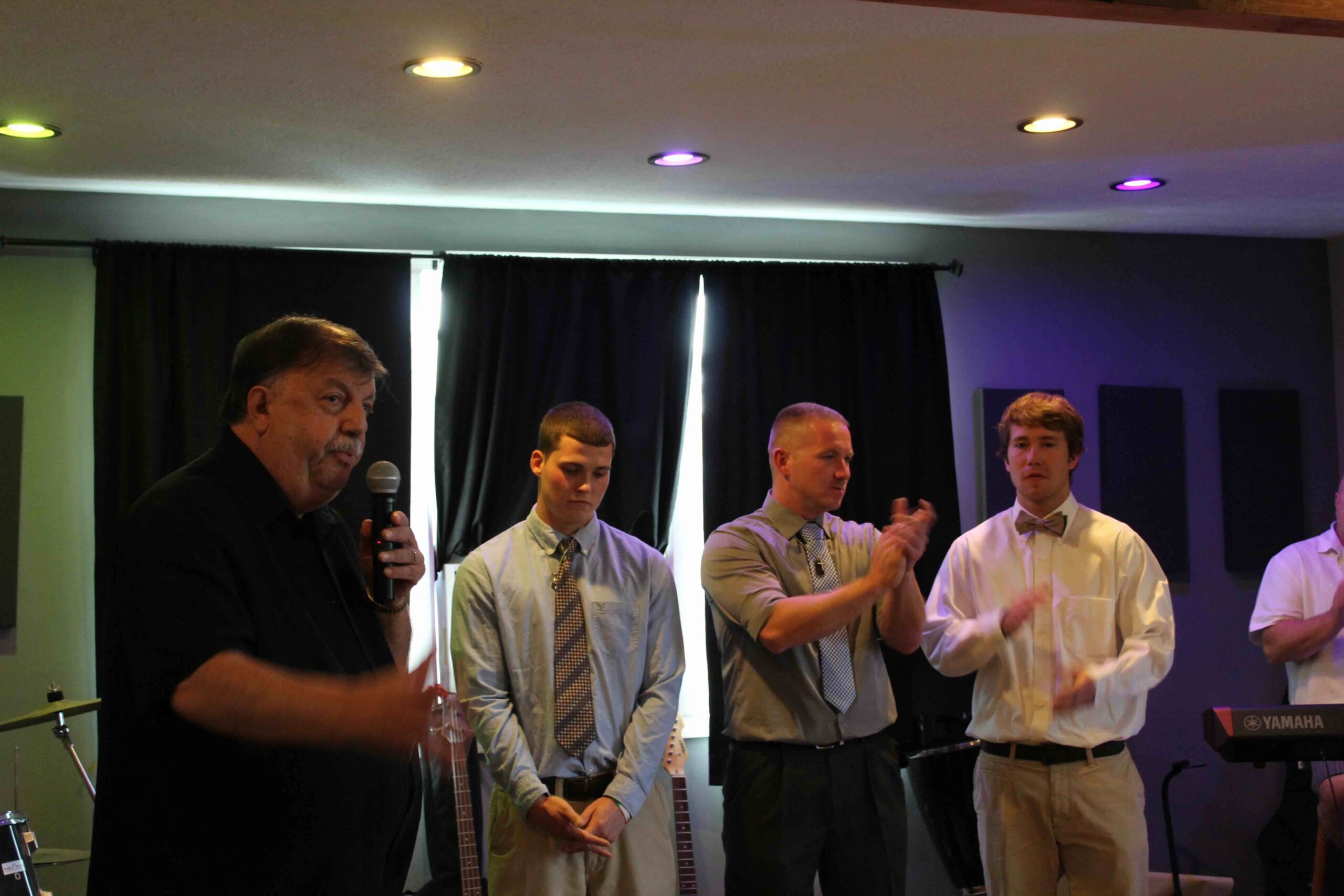The Restoration Of Your Relationships
When addiction gets into the family system, the thought of holiday family gatherings, conversations at dinner, and other events that functional families experience rapidly fades. Our perceptions of normal life, as we once knew, all but disappears.
Emotions become tense and fearful that the addicted family member will get arrested, hurt someone else, or even die because of the intensity of the habit. As loved ones, we become as involved with the addiction as the addict. Most hopes and dreams for a normal family life almost entirely disappear. What most parents do not realize that the non-user or family member becomes just as involved in a life-controlling situation as the user. This makes any hope of an immediate restoration tough. The past continues to linger on even though the addiction to drugs/alcohol may have ceased.
As believers, the Bible gave us the answers but will never see the solutions unless we apply them. Our goal is to tear down the barriers before we move forward. Dwelling on past experiences does not allow us to make progress into the future. We become entangled with the “what ifs” of life. What ifs seldom occur, but they do stagnate progress in restoring relations. The “what ifs” can include situations like if they begin using again or disappointing us again, what if they don’t believe me. Doubt and unbelief sets in. 1 Peter 5:6 &7 tells us to first humble ourselves so that He may exalt you and then cast our cares on the Lord because He loves us. He wants to replace our heavy burdens with light ones. Matt. 11:28-29. The burden may never completely disappear, but will eventually lighten up and fade into memory. I believe this is an important first step in the restoration process.
One of the things a loved one of a family member suffering from addiction needs to realize that when we were trying to reason with the addict, we were reasoning with the drug or alcohol and not the individual. That person we once knew disappeared from our midst. Even though the addict may have “kicked the habit” the other family members are far from recovery. The recovering addict is optimistic while pessimism still exists in the family. It takes a combination of first building trust that once was lost. The person in recovery needs to “walkout’ the things that they learned, and the family member must give them the freedom to do so. This is not an easy task for either party and may take some time. Restoration cannot begin unless a relationship of trust is established.
Step five of the AA Twelve Steps tells us to,” Admit to God, ourselves and to another human being the exact nature of our wrong doing. Step six says” Be entirely ready to have God remove defects of character.” I’ve given this some thought lately and had to ask myself, as a dependent, was I acting out of character to change my addicted family member? Would have to say yes!! I believe that we act out of character when we try to solve a problem that we did not create. Whether its fear of lack of control, financial woes from assisting with fines, etc., or anxiety from the uncertainty of the future, our lives became distorted. A self-examination is in order. We must realize that as Christians, forgiveness is instantaneous and is not an option. For a non-believer, it may take a bit longer to forgive the wrongdoing. In either case, the reconciliation process is separate and takes time.
Another important aspect of restoration is communication. That communication must be open and honest on the part of both parties. This will help reestablish trust and foster a new respect, and aid in reestablishing the family function. The use of I statements instead of your statements. Saying “I get worried if you don’t call when you are late is better that you never call when you are late. You are so inconsiderate.” We need to let the person in recovery we are there for them. We are reading, willing, and able to provide accountability to assist them in this process. But you must be willing also to accept our help and reciprocate with honesty.
This is just the beginning, and we will address this again in future blogs. The list is not exhaustive, but this is beginning in the restoration process. I hope I could provide help for someone in need. Remember, the process does take time. Don’t give up!! Christ has not given up on us!! Don’t give up on your loved one, (or yourself).





